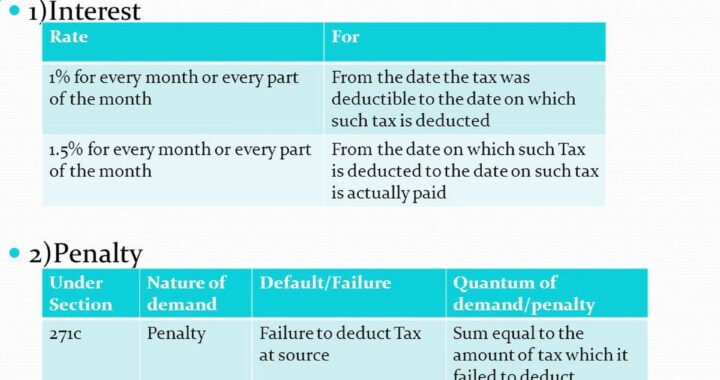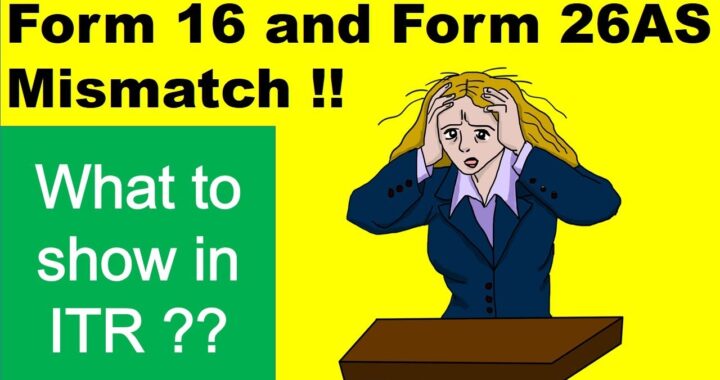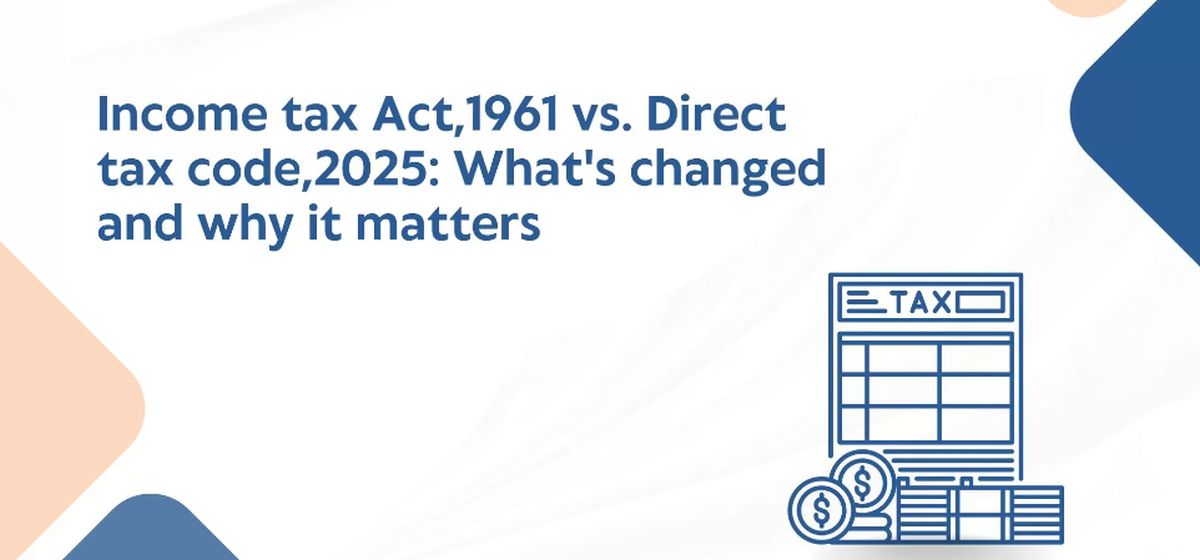Digging deeper into unexplained cash credit as per provisions of Section 68

Unexplained Cash Credit under section 68
It is a strange world nowadays where even corruption carries creativity with innovative tax evasion techniques cropping up every other day. Black money routed through some technique or the other in order to convert the same into white money is like a cakewalk today. White money means coming under the purview of Income Tax in India, where invariably a person has to disclose the details of income and sources of income while filing Income Tax return every year. Even though steps are taken and laws are being made in such a way that the individuals as well as the partnership firms and companies mandatory pay tax based on their income but there are several shortcomings in the Income Tax Act of India. One such ambiguous portion is the Section 68 that speaks about ‘unexplained cash credit’ in the book of accounts of the tax assessee or the taxpayer in this case.

Unexplained Cash Credit- to catch false credits in the books of accounts
It is wise to have a detailed look into the Section 68 and the corresponding information related to taxation here.
Understanding Provisions of Section 68 of Income Tax Act
The Section 68 came into being in the Income Tax Act of 1961 in India and it was not included in the Income Tax Act 1922. In bookish terms, the Section 68 says, “Where any sum is found credited in the books of an assessee maintained for any previous year and the assessee offers no explanation about the nature and source thereof or the explanation by him is not, in the opinion of the Assessing Officer, satisfactory, the sum so credited may be charged to income tax as the income of the assessee of that previous year”. This Section was solely created in order to catch hold of irrelevant and false credits in the company and partnership accounts in order to inflate the corpus and show off fake credibility in the market.
Key characteristics to care about while assessing Section 68:
There are certain points that have to be taken into account while judging the unexplained cash credit of the tax assessee under Section 68 of Income Tax Act. These are:
- It is important to have well-maintained and properly updated ‘books’ for the tax assessee whose income details are under the Income Tax scanner.
- Along with maintenance of book of accounts, it is also essential that the amounts be credited to these books of accounts of the tax assessee.
- Above all, if the tax assessee is not able to provide valid explanation about the source or nature of the credits in his book of accounts or even if the same is provided, if the Assessing Officer does not find the same as satisfactory, then invariably the Section 68 of Income Tax Act is applicable in such an income case.
- What all are required to be excluded: Assessing Section 68 to get to know about the accurate details of the unexplained cash credit is a tricky process and there are various points to keep in mind. Added to the above-mentioned points, there are certain areas where the Section 68 will not come into consideration. In case the tax assessee is a ‘closely held company’ and the credits of the book of accounts are that of share capital, share application money, share premium or alike, then any enlightenment about the same will not be reasonable unless in the following cases:
- The clarification provided pertains to the individual in whose name the credit has been recorded in the book of accounts.
- The justification provided by the tax assessee is found strong enough by the Assessing Officer while judging the same under Section 68.
Nevertheless, as evident from the points above, the Assessing Officer holds the supreme power in this case in order to decide the nature of the unexplained cash credit in the book of accounts of the tax assessee. If the same is found appropriate, the income can be charged to income tax of the previous year income tax of the tax assessee.
However, this provisions under section 68 of the income tax act is still arguable today and requires thorough study of the book of accounts and articulate arbitrating skills in order to come to the correct decision and prevent tax avoidance by the tax assessee.

 Can an assessee pay House Rent to his parents and claim relief? Would there be any legal complications?
Can an assessee pay House Rent to his parents and claim relief? Would there be any legal complications?  Boost Your Business & Reduce Taxes: A Guide to Maximizing Benefits Under Section 80JJAA
Boost Your Business & Reduce Taxes: A Guide to Maximizing Benefits Under Section 80JJAA  What is remedy to taxpayer if the Tax deductor fails to deposit the TDS or fails to file TDS Return
What is remedy to taxpayer if the Tax deductor fails to deposit the TDS or fails to file TDS Return  What is Income Tax Liability on Income from trading in Future and Options
What is Income Tax Liability on Income from trading in Future and Options  The Importance of Filing Your Income Tax Return on Time: A Financial Must-Do
The Importance of Filing Your Income Tax Return on Time: A Financial Must-Do  Is Addition made by Assessing officer on basis of mismatch between AIR and F26AS Justified
Is Addition made by Assessing officer on basis of mismatch between AIR and F26AS Justified  Major Changes Expected in Direct Tax Code 2025 and why these matter
Major Changes Expected in Direct Tax Code 2025 and why these matter